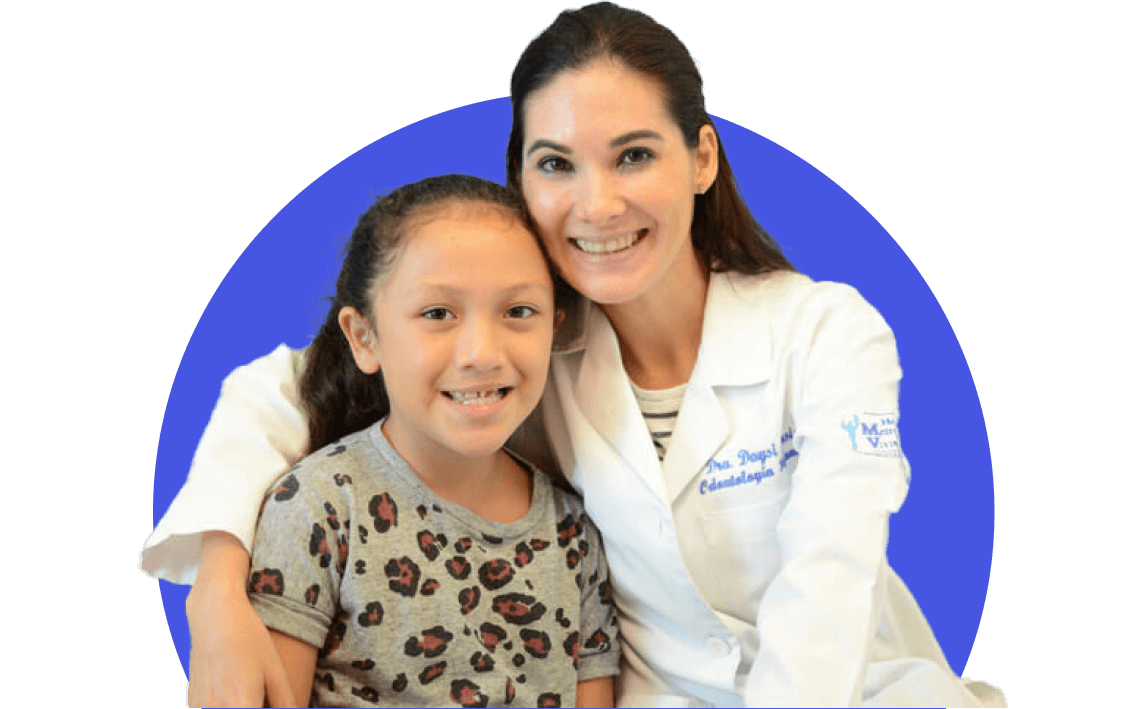- Cleft Home
- What is Cleft Lip and/or Palate?
- Prenatal Diagnosis
- Feeding Your Baby
- What is a Cleft Team?
- Surgery
- Hearing, Speech, and Dental Care
- Paying for Treatment
- Managing Feelings
- Craniofacial Conditions
- Toddlers and Preschoolers
- The School-Aged Years
- The Teenage Years
- Letter to a Teacher
- Information for Adults
- Support Organizations
- Learn More: Downloads
- Cleft Home
- What is Cleft Lip and/or Palate?
- Prenatal Diagnosis
- Feeding Your Baby
- What is a Cleft Team?
- Surgery
- Hearing, Speech, and Dental Care
- Paying for Treatment
- Managing Feelings
- Craniofacial Conditions
- Toddlers and Preschoolers
- The School-Aged Years
- The Teenage Years
- Letter to a Teacher
- Information for Adults
- Support Organizations
- Learn More: Downloads
What is involved in jaw surgery?
About one-third of teenagers born with cleft lip and palate undergo jaw surgery, called orthognathic surgery, to move their upper jaw, lower jaw, or both jaws. This procedure is performed by a plastic surgeon or an oral/maxillofacial surgeon on the cleft team.
Jaw surgery can change your appearance, can help you chew, and may help you make some speech sounds more precisely. Your surgeon may use drawings or computerized images to show you what changes to expect from this operation.
When will jaw surgery take place?
Jaw surgery takes place when facial growth is complete, usually in the mid-to-late teen years. Be sure to talk about the timing with members of your cleft team.
How will my teeth be held together after the operation?
Many teens born with clefts undergo orthodontic treatment, typically braces, during the weeks or months before jaw surgery. After the operation, your surgeon will use your braces to control the position of your jaws while you recover. Your surgeon may place small elastic bands between the top and bottom teeth to help hold your jaws in place. You may also need to have your jaw wired shut. In either case, you will not be able to chew your food.
Will I be able to eat solid foods after jaw surgery?
If your teeth are wired together after surgery, your diet will be limited to liquids for a few weeks after the operation. If your teeth are not wired, you will need to eat soft foods like mashed potatoes and scrambled eggs. It is very important to keep your teeth and mouth clean following surgery to help with healing and reduce the risk of infection. Your surgeon will give you a small toothbrush and special instructions.
It is very important to maintain good nutrition after jaw surgery. Some people lose weight after this operation due to the post-surgical diet. Your surgeon may refer you to a dietician to help you plan your diet after surgery.
How painful is jaw surgery?
People who undergo jaw surgery may or may not experience a lot of pain afterwards. After surgery, you may feel numbness in your lips, cheeks, chin, nose, gums, and palate. This numbness is usually temporary. It is also common to feel discomfort from pressure that comes from post-surgical swelling.
Some cleft teams recommend additional orthodontic treatment after jaw surgery. This treatment can be painful while your jaw is healing.
What are the risks of jaw surgery?
There are risks with any operation. Jaw surgery comes with a risk of infection, even with the use of antibiotics. Loss of teeth, bone, and soft tissue are other risks. If you were born with a cleft palate and your top jaw (maxilla) is moved forward, there is a risk of developing nasal speech.
Members of the cleft team should discuss the risks of surgery with you, as well as its benefits, so that you can make an informed decision and feel as comfortable as possible with your choice.



